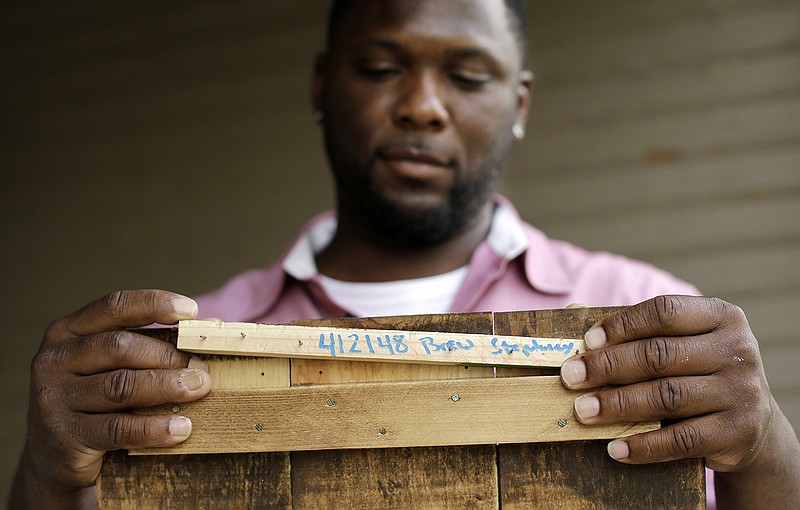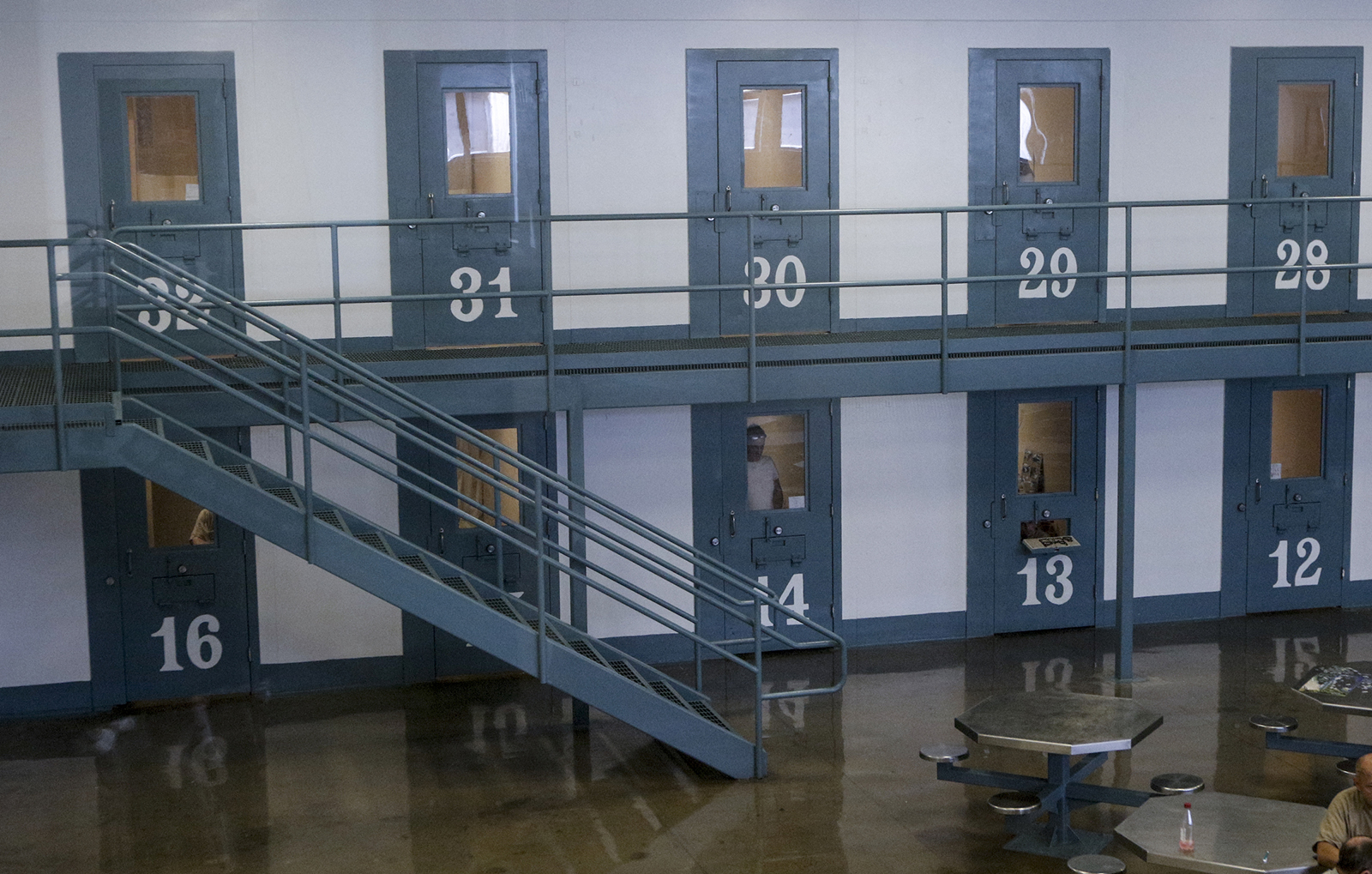In June, Hamilton County Mayor Jim Coppinger announced the county is looking into having Corrections Corporation of America take over all of the county's jailing business.
Specifically, the county is looking at the possibility of selling Silverdale to CCA and contracting with the private company to build and operate a new jail there. To look into the cost and feasibility of such a plan, the county hired a consultant for $150,000.
Corrections Corporation of America has run the county's Silverdale facility (which houses pretrial, nonviolent inmates and women) since 1984 - making $13.1 million a year in a four-year contract that runs out in April 2016. Coppinger's proposed 2016 budget includes an additional $1 million to CCA for an increase in population there of 7.1 percent. Meanwhile, the county's budget allots $12 million for running the jail.
But the county shouldn't act too quickly. And certainly not without first reading an Associated Press story out of Nashville that ran in this paper on Monday.
That story says the Tennessee Bureau of Investigation is probing allegations of misuse of inmate labor at the public but CCA-operated Metro-Davidson County Detention Facility. The investigation, initiated at the request of Davidson County District Attorney General Glenn Funk, focuses on inmate-made craft items sold at the Nashville Flea Market and online at the website of a company called Stand Firm Designs. The company is operated by two jail employees and one former employee, according to the Stand Firm Designs business card. Two former inmates who made the items while in jail say they were not paid and continued to work out of fear for retaliation.
According to state law, inmates can legally be required to work without pay in some circumstances, but jail employees - in this case CCA employees - are not supposed to profit from their labor.
According to the Associated Press, Stand Firm Designs is operated by Rob Hill, a building trades instructor at the Metro-Davidson County Detention Facility; Steven Binkley, a computer instructor who works out of a room adjoining the woodworking shop; and Roy Napper, who formerly worked at the jail - the jail run by Corrections Corporation of America through a contract with the Davidson County Sheriff's Office.
The Associated Press said the sheriff's office referred questions to CCA, the 5th largest corrections operator in the country that presently operates in 20 states. Headquartered in Nashville in 1983, CCA's 2014 revenue was $1.7 billion and it employed 14,000 people. In fact, Hamilton County's Silverdale - formerly known as "the workhouse" - was one of CCA's first public jail contracts.
In the Associated Press story, CCA spokesman Jonathan Burns said the company was cooperating with the TBI investigation, and that the company has a zero-tolerance policy regarding criminal conduct by employees.
This isn't CCA's first human rights rodeo. CCA, which also manages prisons for Tennessee, has a long list of lawsuits filed by inmates and families of inmates. Last year, the American Civil Liberties Union petitioned Gov. Bill Haslam to end its contract with CCA, and the group collected 26,054 signatures in support. The contract didn't end, but ACLU-Tennessee Executive Director Hedy Weinberg also has urged Hamilton County not to extend its business with the company.
"As a private corporation, CCA's obligation is to maximize its profits, often at the cost of compromising public safety and accountability. Evidence of cost savings in private jails and prisons is mixed at best," Weinberg said in an email.
Coppinger defends his county proposal, however, not just on management costs, but on costs for a new jail.
"In a couple of years, we are going to have to replace that jail," he said. "And we are just looking for a way to keep the taxpayers from paying for that."
But wouldn't CCA be looking to pass on the cost of such a facility? So where is that savings, exactly?
Further, proposals that a new jail be built near Silverdale - 16 miles away from the Hamilton County Courthouse - certainly will require additional costs and safety risks to transport prisoners to and from their court appearances. In fact, a five-hour riot at CCA last week slowed court proceedings Thursday because of delays in transporting inmates.
This proposal is a long way from prime time.

